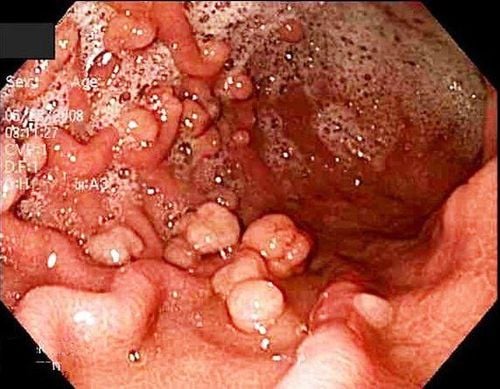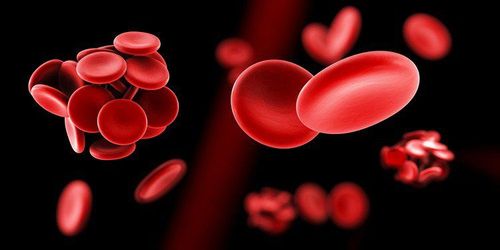This is an automatically translated article.
The article was professionally consulted with Master, Doctor Bui Tien Dat - Emergency Department - Vinmec Hai Phong International General Hospital.Hemophilia can cause disability and even premature death. There are many causes of hemophilia, most of which are inherited and a few are due to mutations of benign genes into disease genes.
1. What is hemophilia?
Hemophilia, also known as an inherited blood clotting disorder, is a rare disease in which the blood does not clot properly. Normally, the process of forming a blood clot helps prevent the risk of bleeding after an injury. If clotting doesn't occur, a wound can bleed a lot.Bleeding from hemophilia can occur in:
External: On the outer surface of the body where it is visible; Inside: On the inside of the body, where it is not visible such as knees, hips, ankles, elbows, ...
2. Causes of hemophilia
Hemophilia is an inherited disorder that results from a genetic change that is inherited from a child's parents or occurs during development in utero. The disease usually affects boys with an incidence of 1 in 5,000 - 10,000 children. Girls who carry the gene for the disease rarely show the disease, but can pass the gene on to their children.The cause of hemophilia is that the patient's body does not have enough clotting factors. There are 13 clotting factors in the body that work together to form blood clots. These clotting factors are given roman numerals I through XIII. If the body lacks too much factor VIII or IX, it will cause hemophilia. Specifically:
There are 3 types of hemophilia corresponding to the type of clotting factor deficiency. They are:
Hemophilia A: Found in 80% of patients with coagulation disorders, due to deficiency of clotting factor VIII; Hemophilia B: Due to deficiency of clotting factor IX; Hemophilia C: Rare, occurs in only 5% of patients with hemophilia. Hemophilia C is a mild disease caused by a lack of clotting factor XI. People with this form of clotting disorder usually do not have spontaneous bleeding, but only bleed after trauma or surgery. Hemophilia A and B are caused by the offspring receiving chromosomes that carry the disease gene from their parents. Parents with an X chromosome carrying the gene that causes hemophilia will increase the risk of the child having the disease. However, hemophilia types A and B are more common in men than in women. And hemophilia C is caused by a defect in the genetic process, not related to the sex chromosomes, so it affects men and women equally.

3. Factors that increase the risk of hemophilia
Family history: As the disease is related to genetic factors, if someone in the family has a blood clotting disorder, the rate of members having the disease or carrying the disease gene is very high; Mutation: In rare cases, hemophilia can appear after birth. These are people whose immune systems create antibodies that attack clotting factors VIII or IX, causing a deficiency of clotting factors and leading to clotting disorders.4. How to live with hemophilia
To accurately diagnose hemophilia, as soon as the signs of the disease are detected, the doctor will assign the patient to do the necessary genetic tests. Currently, there is no definitive cure for this disease. Therefore, patients need to be careful in daily activities with the following notes:Walk gently and carefully, avoiding injuries that may lead to bleeding; Clean oral hygiene, periodical dental health check, prevent the risk of infection in the mouth to reduce the risk of bleeding due to periodontal disease; Exercise regularly to strengthen muscles, reduce the risk of bleeding; Avoid using drugs that can cause bleeding such as aspirin, histamine, no intramuscular injection, no acupuncture; When an injury causes bleeding, you should immediately go to the nearest medical facility for wound treatment.

Vinmec International General Hospital currently offers a Basic Pre-Marital Examination Package and an Advanced Pre-Marriage Checkup Package for couples, aiming to:
Fertility, sexual and reproductive health screening and screening sexually transmitted diseases, screening for genetic diseases (including hemophilia), counseling on reproductive and contraceptive methods (if necessary) for couples before getting married; Early detection of causes that can lead to infertility, infertility; Advice on the best time to give birth and measures to give birth to healthy and intelligent children for couples preparing to have children.
Please dial HOTLINE for more information or register for an appointment HERE. Download MyVinmec app to make appointments faster and to manage your bookings easily.
Reference source: National Institute of Hematology - Blood Transfusion













